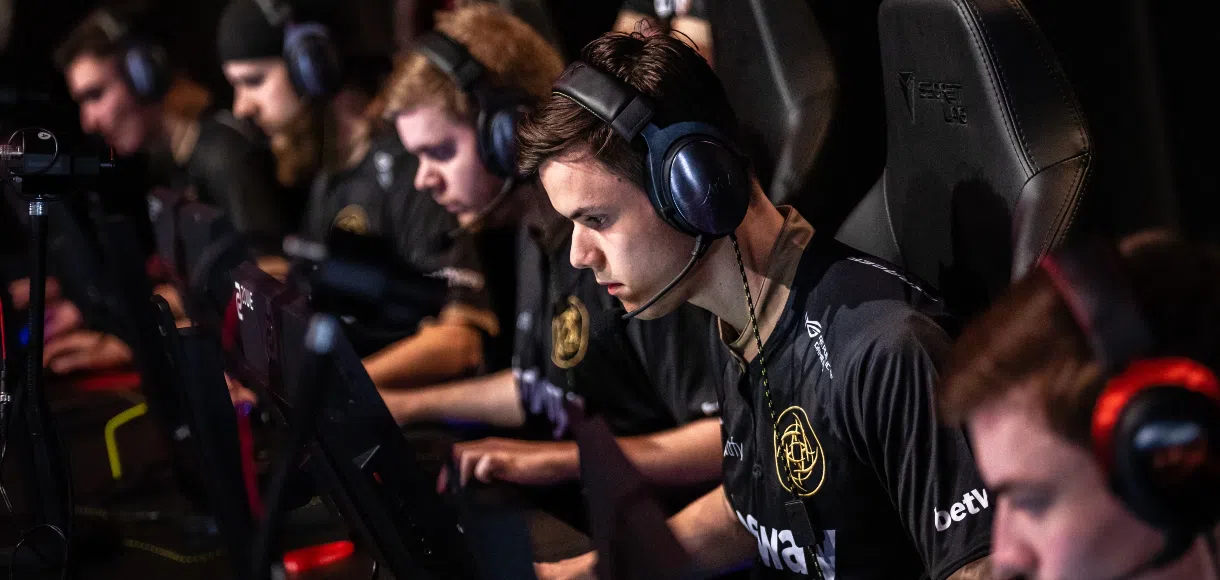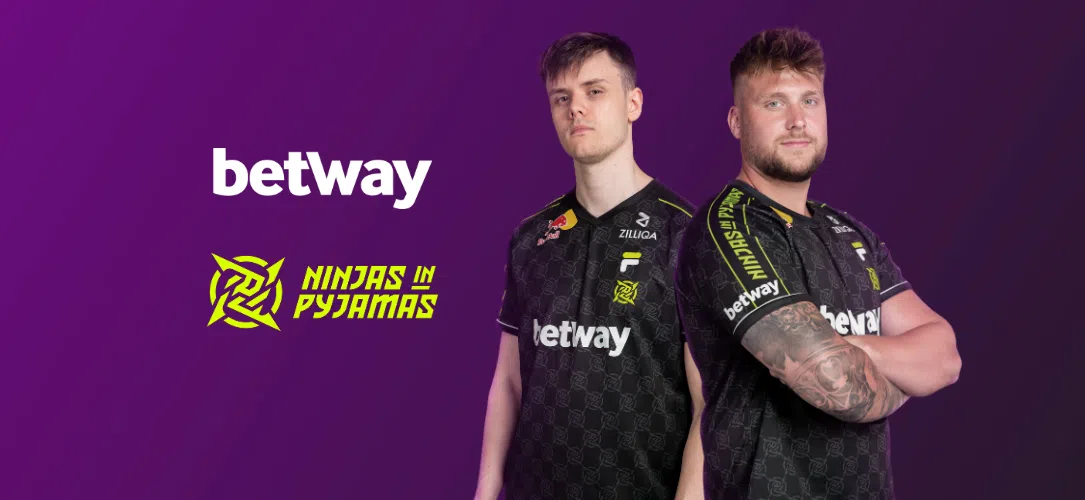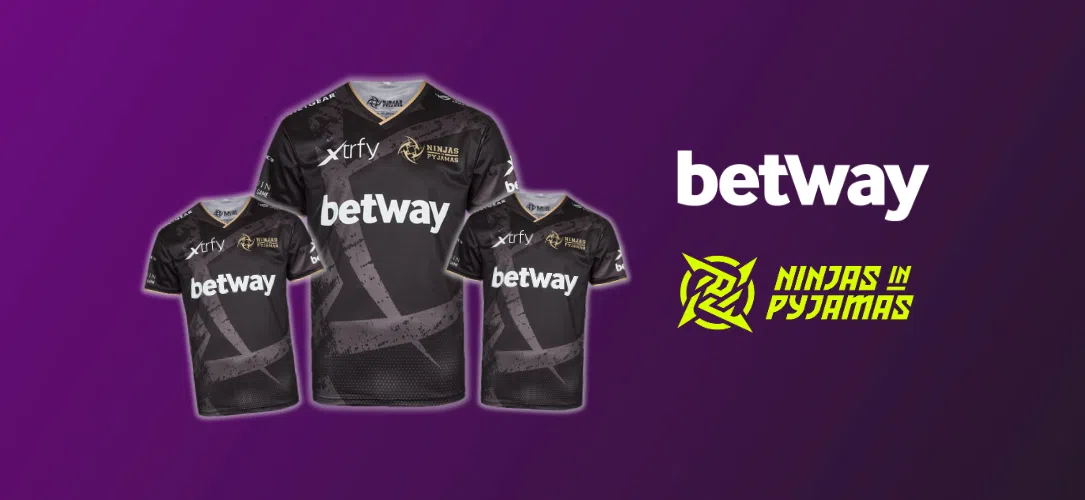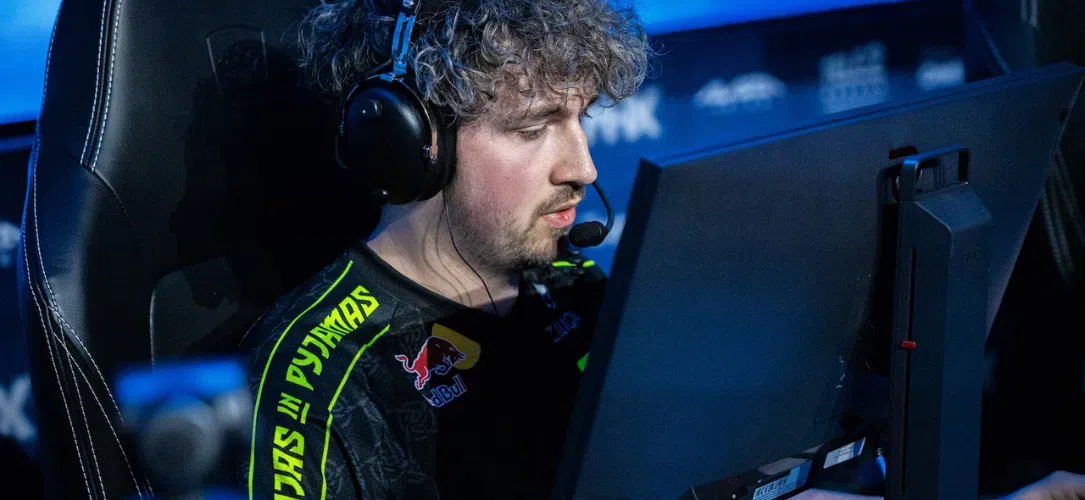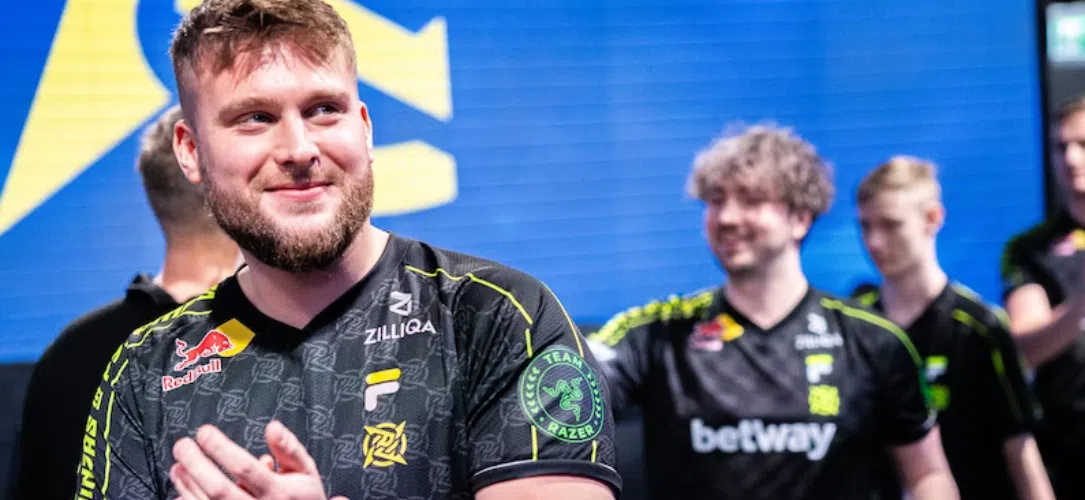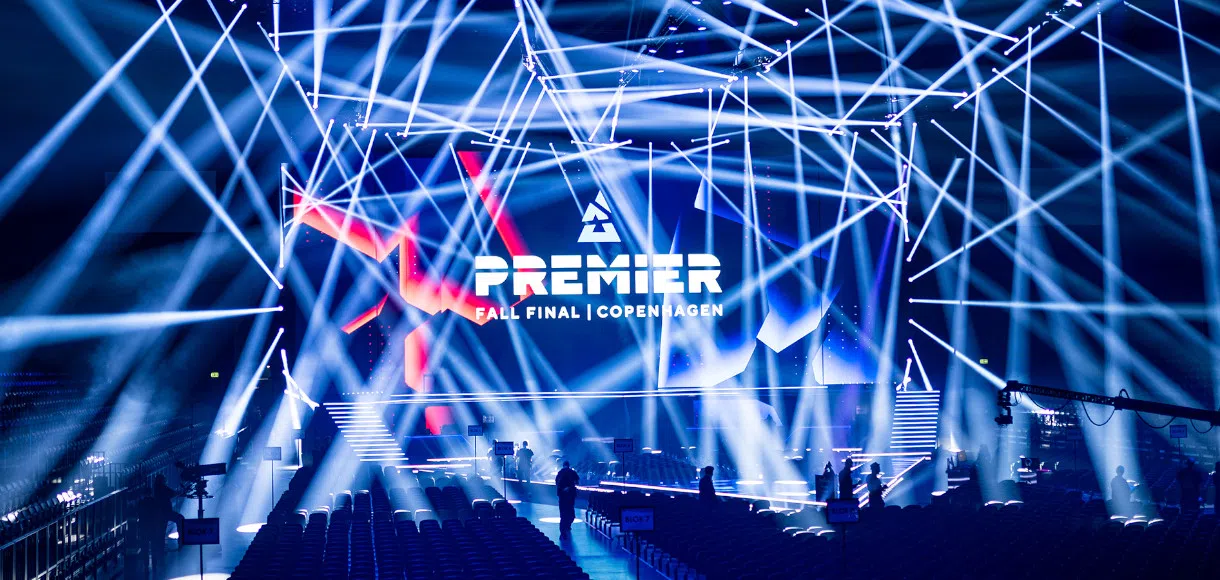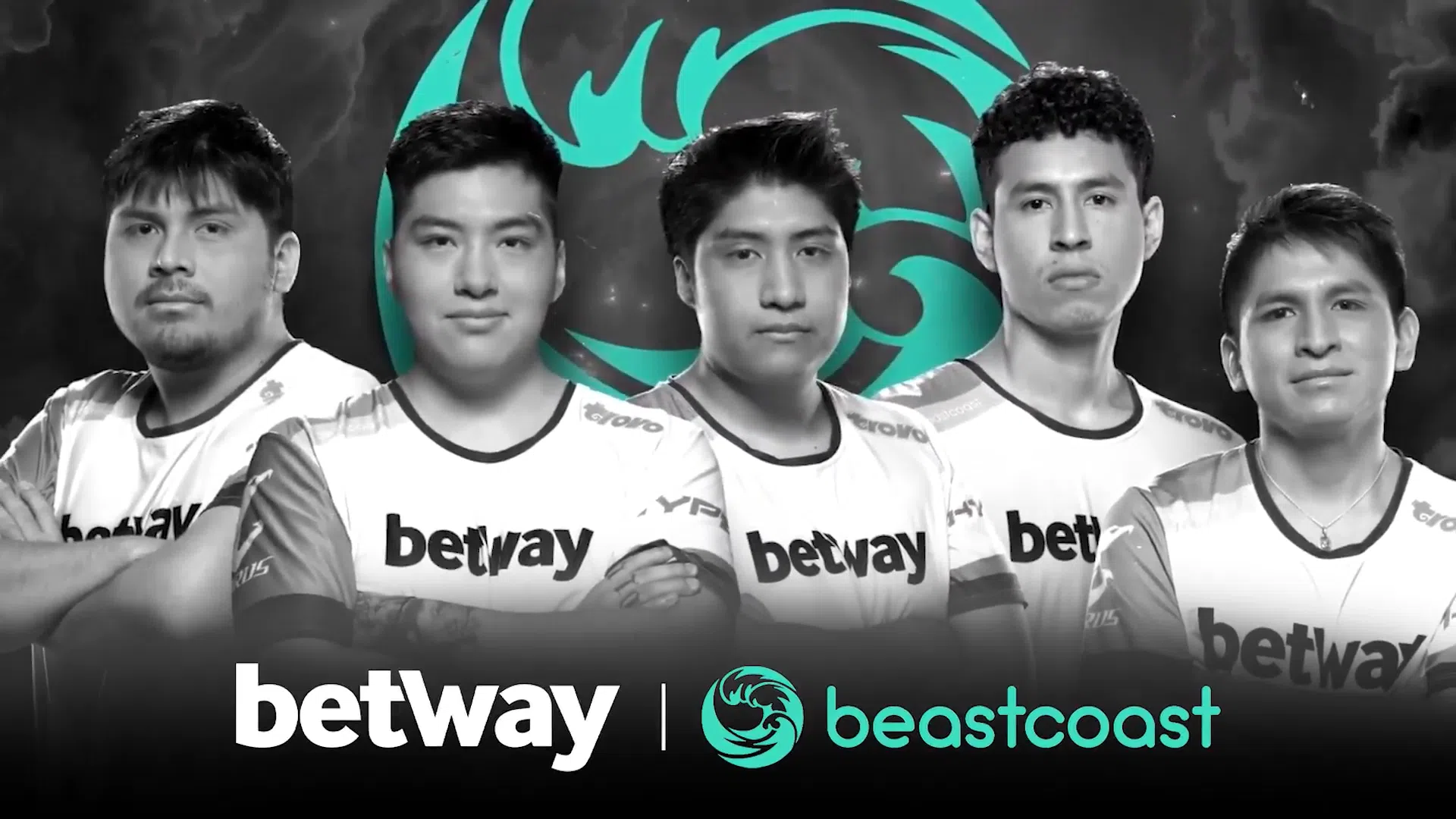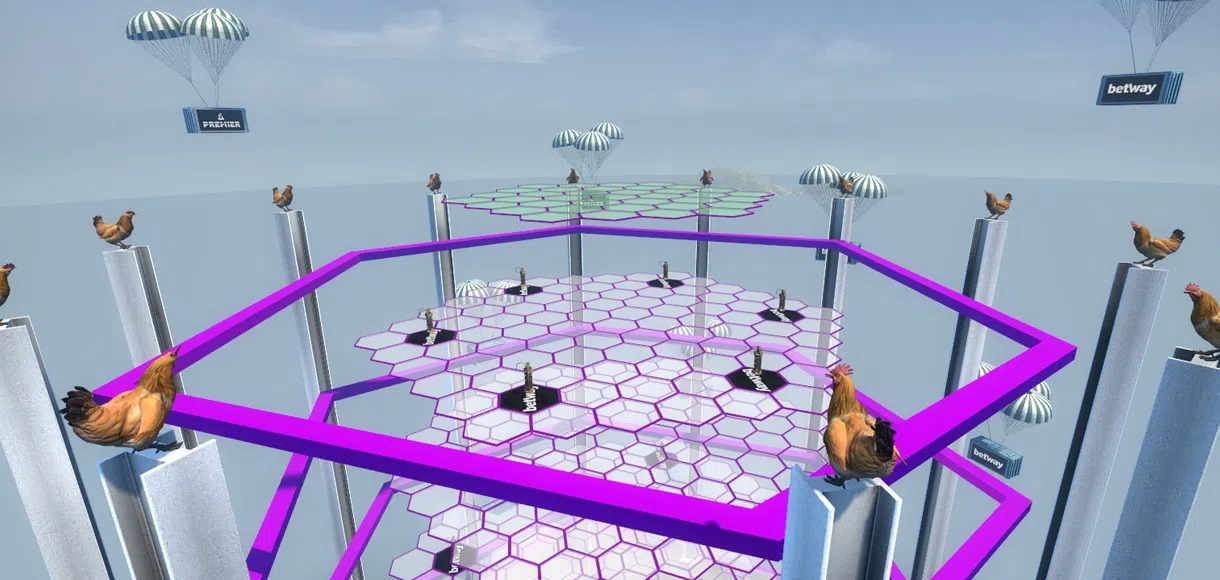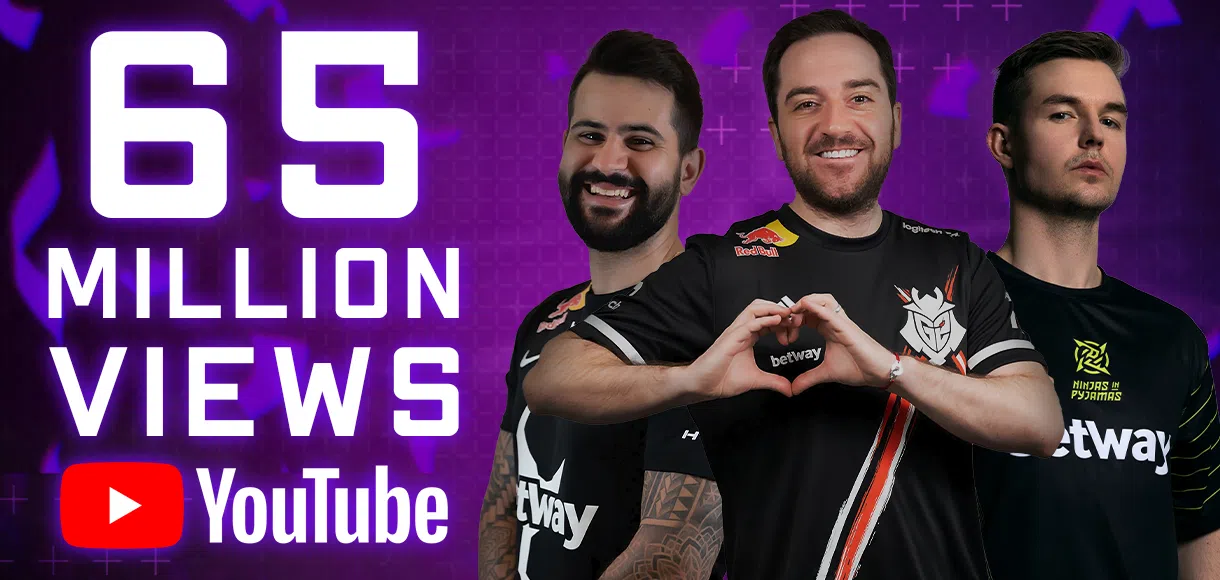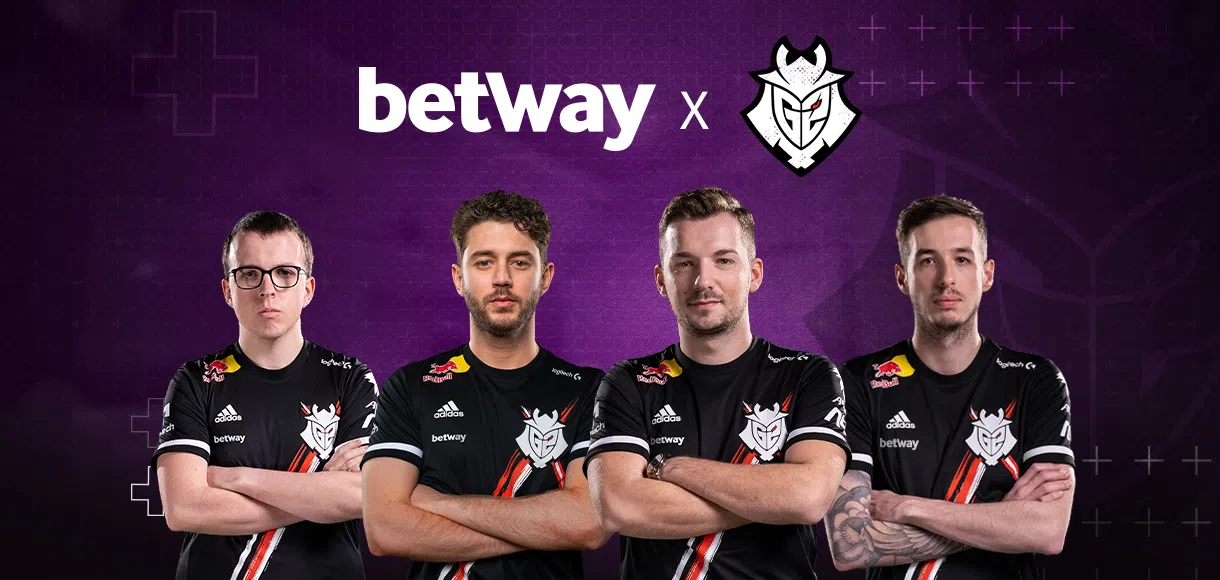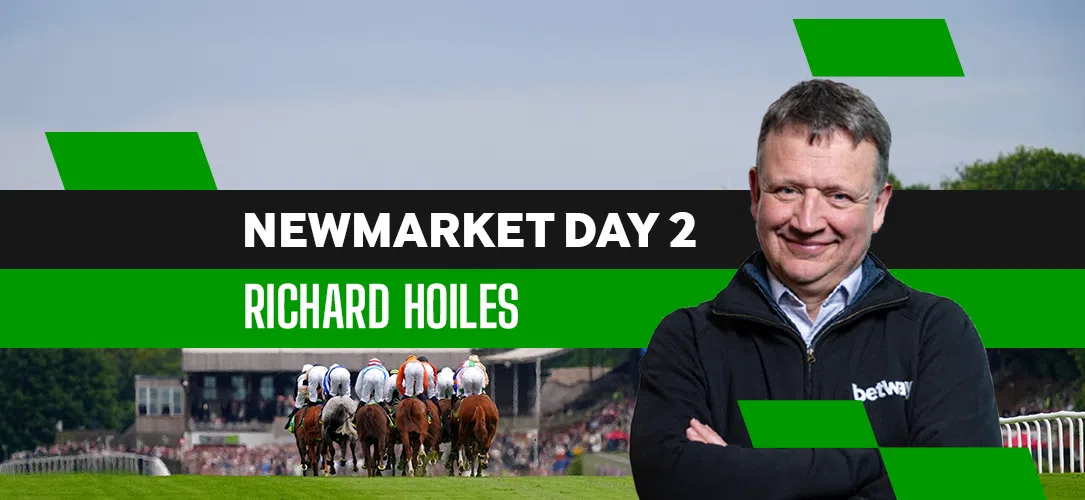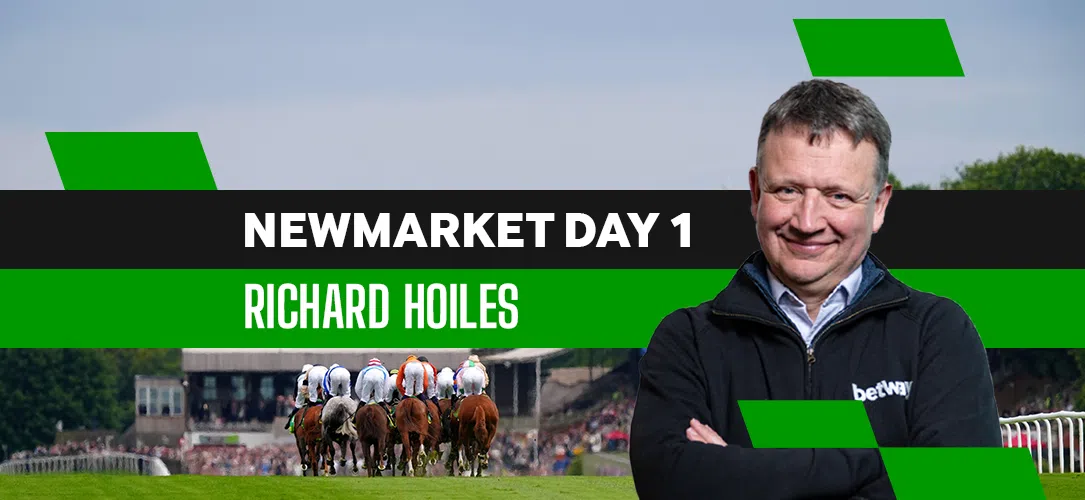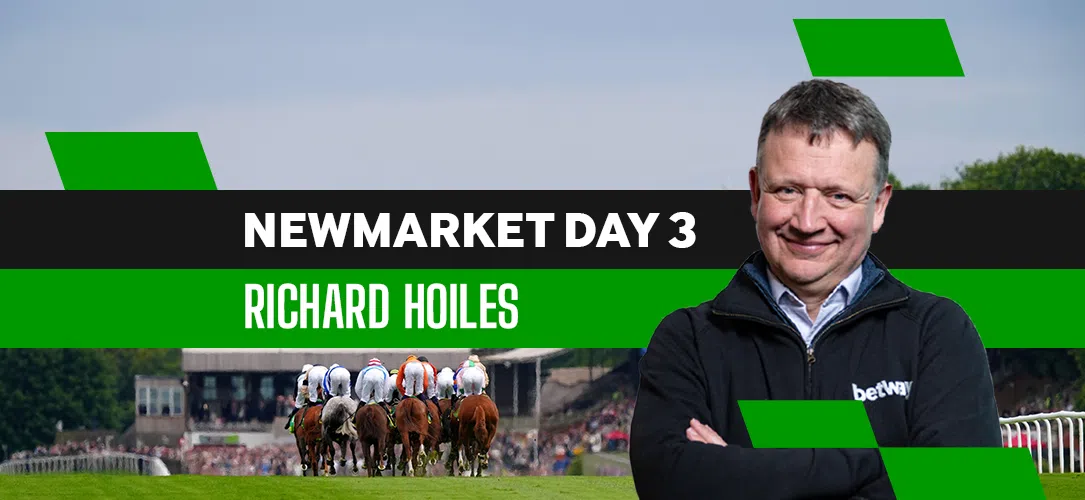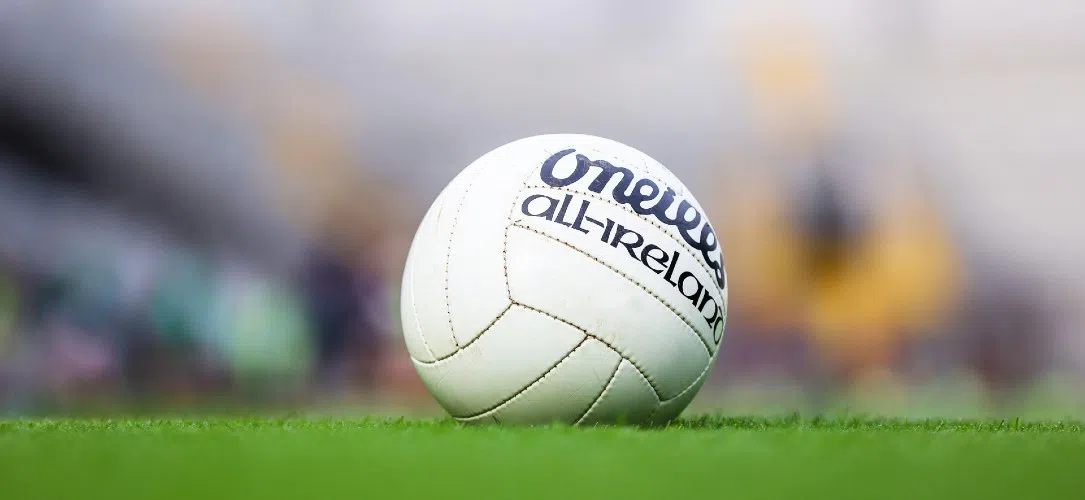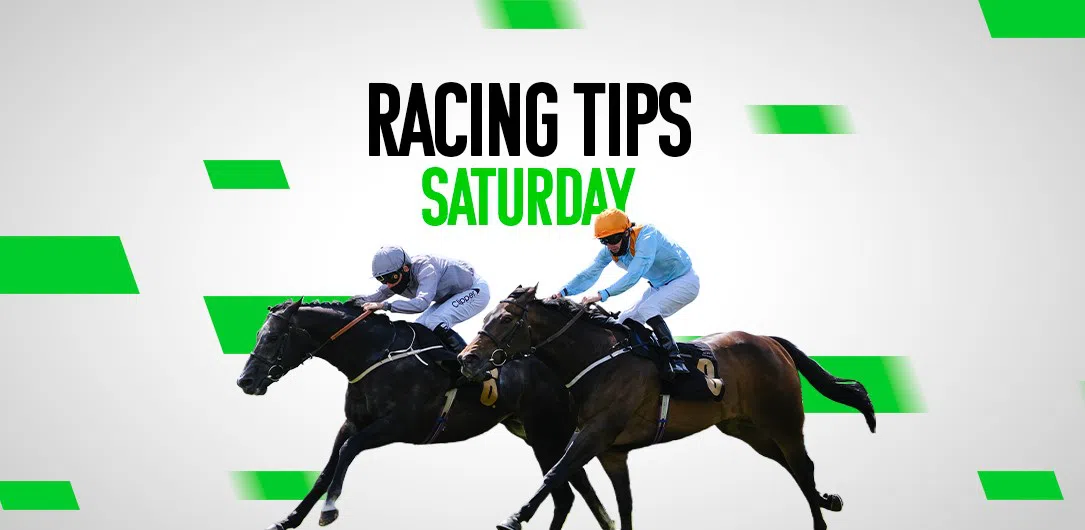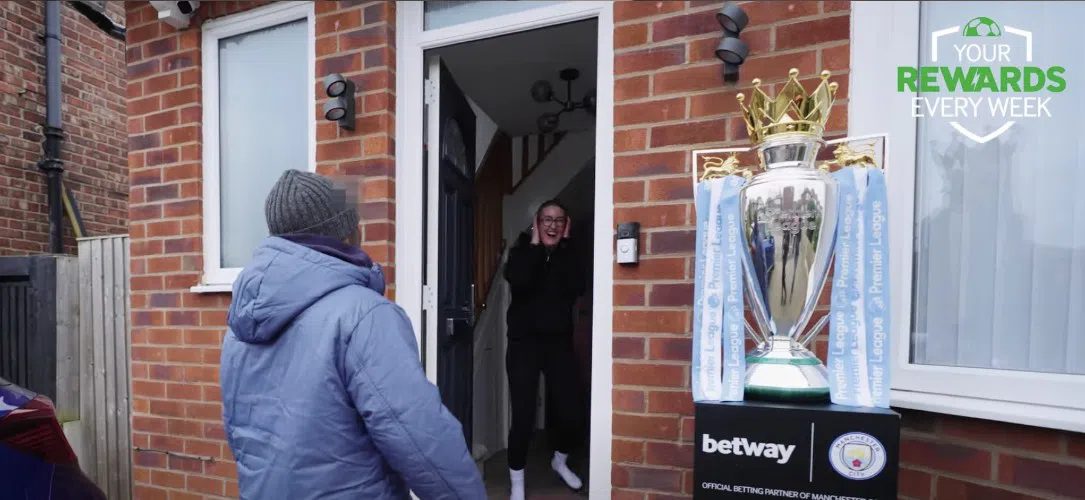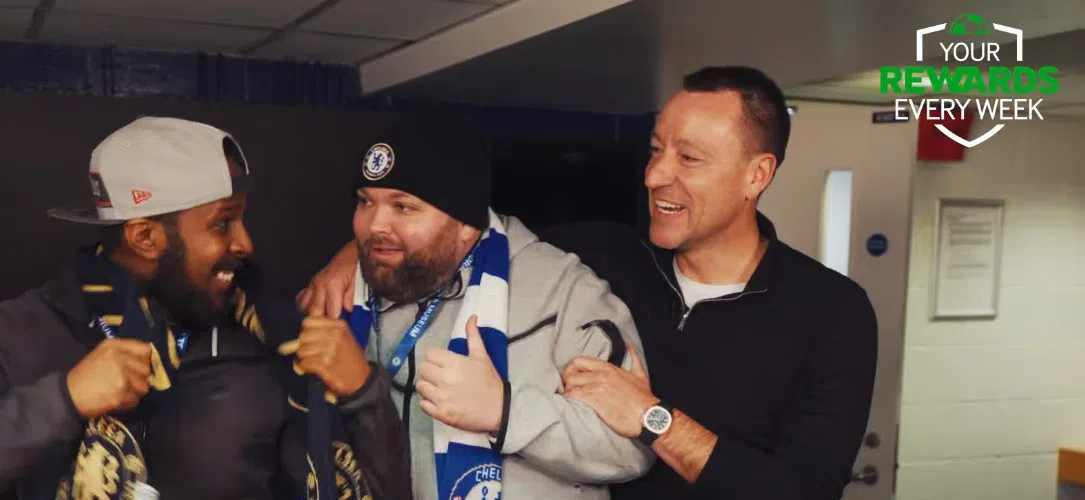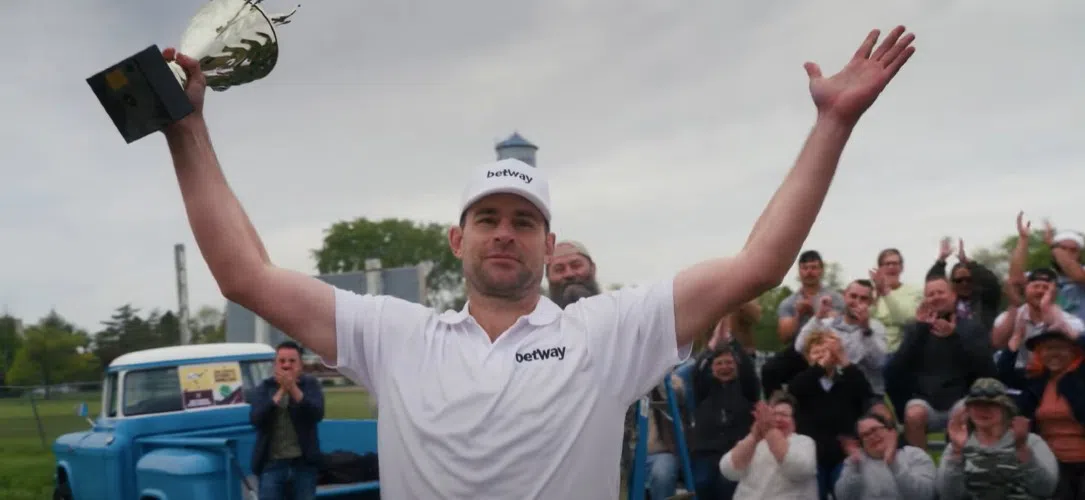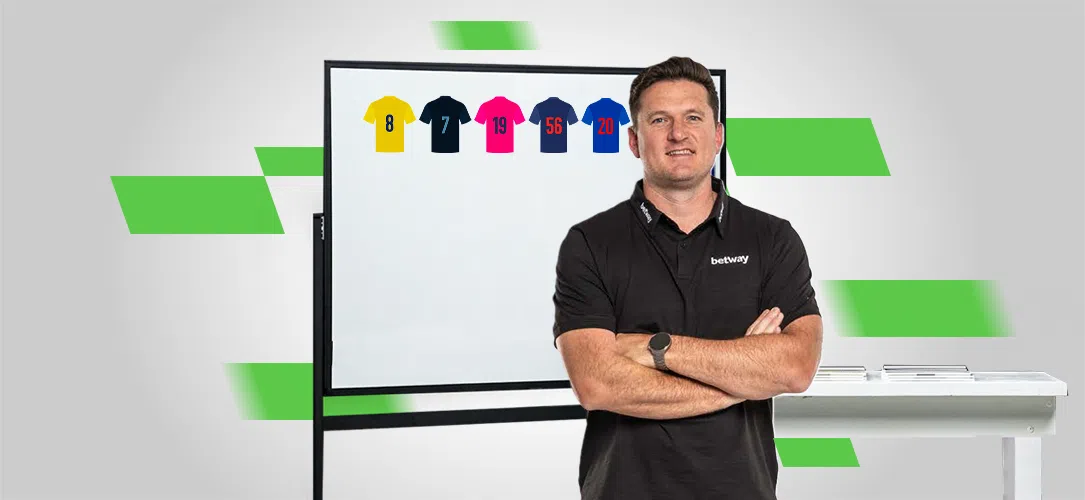Neymar and Shaquille O’Neal love it, but many sports fans are yet to be convinced. Rob Clarkson explains why esports should be your next sporting passion.
Betway entered the world of esports just four years ago, but has quickly developed into one of the industry’s leading brands.
Betway’s sponsorship portfolio now encompasses five teams across CS:GO and Dota 2, including Ninjas in Pyjamas, Invictus Gaming and Made in Brazil.
Rob Clarkson, Content Manager for Betway’s esports team, has worked in the industry for more than three years. Known by esports fans as Rob4, he played CS:GO at a semi-professional level before joining Betway.
In this Q&A, Rob explains why sports and esports are not so different after all.
How big is esports as an industry?
It’s probably much larger than the average sports fan would expect.
You have multiple titles, which you could compare to different sports. The main games are Counter-Strike, League of Legends and Dota 2, but there are other esports, such as Fortnite that are trying to grow.
To quantify it in monetary value, you only need to look at the prize pools. The Dota 2 International, which takes place every year, has a prize fund of more than $30m.
Viewership is only increasing – more and more people are getting into esports because they can see it is quite an accessible thing.
Anybody can play from their home – all you need is a computer, a mouse and a keyboard. You don’t need good weather. You don’t need people to play with. You can literally just load up the game and play.
It’s so easy to get in to, and I think that’s why it’s growing so well.
How many people attend the big events? Where are they normally held?
Esports events have gone from school halls to massive arenas. If you look at music venues, there will likely have been an esports event held there.
For example, in the UK there’s been a few major tournaments at Wembley Arena, which holds 12,500 people.
European events attract upwards of 20,000 live fans, but there’s much bigger crowds in China and the US – people go crazy for it.
What are the typical online viewership figures for the big events?
It differs per game. Counter-Strike, for example, will see more than a million people tune in at one time during the Major tournaments.
League of Legends is even bigger – the 2019 World Championships drew 100 million unique viewers, with 44 million concurrent viewers watching the final.
Sport is postponed at the minute. What’s the situation in esports?
Events are still going on, but most leagues are now being played online.
The broadcasts have gone online, too – so there’s still commentators, and players are still being interviewed as if they were in a stadium, but they’re just being interviewed over Skype.
Everything you would expect from an esports event is still going on, – the only difference is that the matches are being played on an online server.
What can esports offer sports fans in this period?
Watching esports is essentially the same as watching sports. You’re watching it because these players can do incredible things that you can’t do.
You also support a team which makes it exciting, but you’re watching these players and these teams execute incredible tactics, incredible in-game moments that you can’t replicate yourself.
There’s so many esports titles – it’s so accessible.
If you like football, FIFA esports is becoming bigger because everybody plays online. If you like Formula 1, there’s F1 online now. If you like shooting games, there’s a multitude of esports titles that you can watch.
Some of them are actually straightforward to follow – you don’t need to be an expert at the game yourself to actually follow it.
Especially games like Counter-Strike – you know a guy has got a gun, you know there are five players on each team, you know one team has to plant the bomb, the other has to defuse it.
Once you’ve grasped that, you start watching it and you can get your head around the other intricacies.
Then you’ll start learning how big it is, how much money is involved, and instead of thinking these nerds staying inside all the time are losers, you start to realise they’re onto something here.
They’re earning a shit ton of money doing something that brings enjoyment to them. They don’t really have a job, more just a hobby that they get paid to do, which is the dream for everyone.
How much money do esports professionals earn?
For example, if you win a CS:GO Major, your team will win $500,000. If you split that between five, that’s $100,000 just for that one tournament.
Generally, each team will pay their players a salary, but those figures are not in the public domain at the moment.
But for professional players, you’re looking at anything from $3,000 to $25,000 a month – I wouldn’t be surprised if it’s higher than that for some players.
Where are the best places for sports fans to read about/watch esports?
The best places would be YouTube for video content, including tutorials.
If you want to watch live matches, Twitch is the best place.
You can see the top streams, and you can see if influencers or personalities are streaming, you can see if pro players are streaming, or you can see if there’s any live matches going on.
You can also now view games through Betway.
Can you talk about some of the crossovers between sports and esports?
Loads of football teams now have professional FIFA players.
Some football teams have other squads in other games, such as PSG. They partnered with an organisation called LGD, so there’s a Dota team called PSG-LGD.
Former NBA basketballer Shaquille O’Neal has a stake in an esports team. Rick Fox – another basketball player – he started his own esports organisation called Echo Fox.
Then you also get people like Neymar playing CS:GO and posting on Instagram about his rank. He’s playing with a lot of other Brazilian players.
How is that viewed in the esports world?
Very positively, because it legitimises esports.
Esports was less socially accepted a few years ago, so the more endorsement it gets from actual sportspeople, the more legitimate it becomes.
It’s really important to remember that esports players have a huge interest in sports as well. Most of them are sports fans, they have football clubs, so seeing people like Neymar or Shaq – these huge sporting icons – getting involved in esports is really cool.
What would you say to sports fans who might think esports isn’t a real sport?
The debate is still there, although I’m not sure whether we even need to class esports as a real sport.
There are a few similarities in the sense that to become a professional gamer, you need to practice as hard as a sportsperson.
You need to be putting in eight hours, 10 hours a day easily, you need to have great team work, you need to have a strong mental focus and be physically and mentally fit – everything like that is the same as in sports.
The biggest one that’s lacking, that I think makes people believe that esports is not a real sport is because it’s not very physical – you’re sat in a chair, in front of a computer screen.
There’s not any real movement – you’re moving your fingers to click buttons and the mouse, and maybe your arm, but that’s about it.
I think it’s comparable to darts, and if people consider darts to be a sport then maybe esports should be, too.
What attributes do you need to have to be a top esports player?
You have to have a lot of determination and you also have to be down to earth.
A lot of the Counter-Strike players I’ve met are very kind, sociable people. And the reason you have to be is because you have to realise that, actually, you can’t just play 10 hours of a game each day to be a pro. You need to create a schedule and you need to look at the skills that are lacking in your game that you need to improve.
You also don’t want to be pointing fingers all the time, so when you lose a game you don’t want to point a finger at your teammates – you’re never going to improve if you do that. You need to reflect on your matches, your own mistakes.
How hard is it to become a professional esports player?
Very. Anybody that’s semi-serious about esports, as soon as you start getting slightly competitive it’s everyone’s dream to become a professional player.
It’s similar to football – I think every kid wanted to be a footballer when they were younger, but now the same can be said for esports.
I think people think it’s easier to do because it’s more accessible, but you can’t just play and expect to become professional.
It’s so competitive – there’s always someone better than you, and there’s always things that you can improve.
You need to get lucky as well – you need to get seen by other professional players.
There are different ways you can do that: there are individual ladders that you can climb by winning games, where you might then get to the pro ladder and then you’ll be noticed and possible picked up by a team. That takes hours and hours and hours of relentless grinding.
What kind of training do esports professionals do?
It depends on the game.
In first-person shooter games, like Counter-Strike and Call of Duty, you’ll have training where you improve your aim – how quickly and precisely you can move your crosshair from one head to another head, and how quickly you can kill the opponent.
Different weapons will have different mechanics, so to be able to control the recoil of the gun you have to learn the pattern it makes.
You’ve got to improve your movement, so the way you move your character with the keyboard, making yourself harder to hit, but also the efficiency in how you across the map.
You also need to work on different tactics. A bit like how before a football match, the manager will go through the game plan, people do the same in esports.
You have coaches nowadays, telling you how the opponent is going to play and what their tactics are. You need to learn them, you need to learn your own tactics and you need to review matches to make sure you don’t make the same mistakes again.
How long is an esports career on average?
I don’t think we know that yet. It’s too early to say.
You do see, within Counter-Strike, there’s a lot of younger players coming up and they’re mechanical ability and aim is just insane. You can’t match them.
But the other side of the game, such as their game sense and their knowledge of how to communicate and play as a team is not so good.
The older players are generally better at leading a team, and the younger players are generally better at shooting heads.
Physical fatigue doesn’t come into it as much. You see a few older players and they’re not as good as they used to be or they’re not as good as the younger players, but that could be down to the fact that playing the same game for 10 hours a day is hard.
If you want to find out more about Betway esports, follow us on Twitter. Or, if you want to watch some exclusive video content, subscribe to our YouTube channel.

